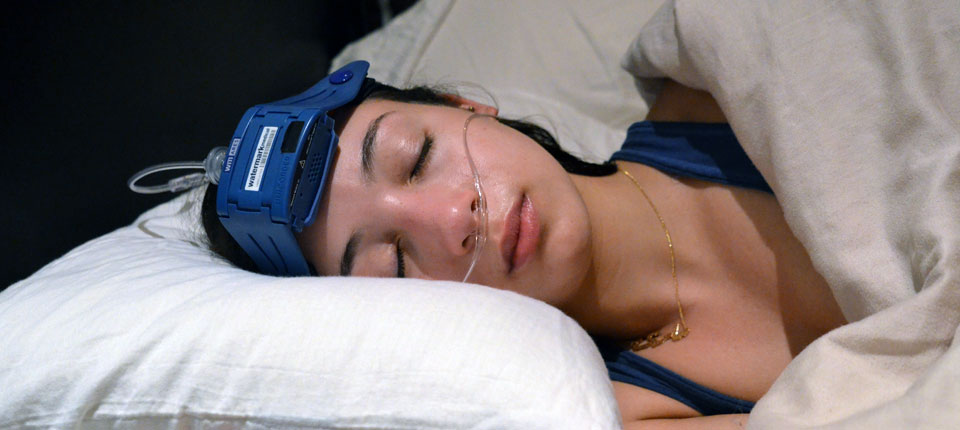
About Fibromyalgia, Chronic Fatigue Syndrome and Migraine:
Patients with Fibromyalgia experience poor slow-wave-sleep; lack of this slow-wave-sleep is known to increase a person's susceptibility to pain. Many studies have shown that improving this part of sleep can drastically decrease pain. New medications have assisted in improving patients' sleep, resulting in a normal, healthy life. Also, Chronic Fatigue Syndrome and morning Headaches/Migraines can be the result of repetitive sleep disruptions during the night. Whether it's complete pauses in breathing, or the subtle events of UARS, treating the causes of disruptive sleep can result in uninterrupted peaceful sleep, providing resolution of Chronic Fatigue, Fibromyalgia and Migraines.
Studies over the past 10 years have demonstrated that a medication, sodium oxybate (Xyrem), works well in the treatment of Fibromyalgia. This medication enhances the degree of a persons' slow wave sleep, which in turn seems to be associated with improved pain control and a reduction of Fibromyalgia symptoms. Dr. Simmons and his team at REST prescribe Xyrem for appropriate patients in the treatment of Fibromyalgia.
Treating fibromyalgia by treating sleep and the use of Xyrem
Further Reading:
Treating sleep problems improves conditions (including Fibromyalgia) not typically considered by most physicians.
Medical Matters News, June 29, 2010 article: Victoria Wright, Sadler Clinic.
We treat the full spectrum of patients from infants to the elderly:
- Fibromyalgia
-

- Patients with Fibromyalgia experience poor slow-wave-sleep; lack of this slow-wave-sleep is known to increase a person's susceptibility to pain. Also, Chronic Fatigue Syndrome and morning Headaches/Migraines can be the result of repetitive sleep disruptions during the night.
- ADD/ADHD
-

- It has recently become clear that there seems to be an association between sleep disturbances and Attention Deficit Hyperactivity Disorder (ADHD) or Attention Deficit Disorder (ADD). It is not hard to comprehend that disturbed sleep can lead to symptoms of ADHD or ADD.
- Sleep Apnea
-

- For years people have thought of snoring as nothing more than a simple annoyance during the night, but recent statistics suggest that this seemingly simple noise problem may in fact increase the risk of high blood pressure, stroke, heart attack, and daytime sleepiness.
- TMJ/TMD
-

- In many people TMJ (or TMD) and clenching /grinding of the teeth in sleep is related to breathing problems (surprisingly to some). Learn more about how this is associated with snoring and sleep apnea, and what can be done to treat sleep related grinding and clenching.


